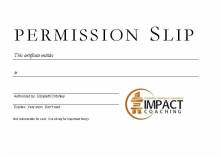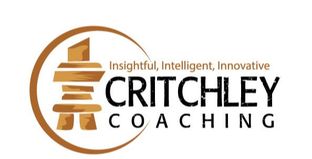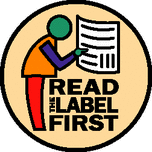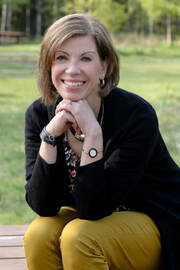
I notice that as I write this I’m choosing words to reflect the image I’m hoping to have – welcoming, relaxed, under control (yet not controlling :)). The truth is I really want the experience to be lovely, first and foremost for Kaitlyn and Matt, but also for everyone who is joining us to celebrate their wonderful day. At the same time, I can feel my compulsive list-making starting to work its way onto my countertop.
Well, by last week, Jim and I thought we had a pretty good plan worked out. And then, as it as prone to do, life happened. Our son Greg, and his girlfriend, Cara called and thrilled us with the news that they are engaged! They’ll be getting married this summer too. In August – one month after Kaitlyn and Matt! In terms of dreams that parents have for children, we feel like we’ve hit the jackpot. We dreamed that our kids would follow their passions (they have), become contributing citizens (they have) and find someone incredible to share their lives with (check). It’s a lot of joy.
So I found myself wondering why my list making was reaching a fevered pace.
And I couldn’t resist doing some self-coaching. A great question that a coach might ask is “What do you need?” When I posed this to myself I realized that I need permission to simply be grateful for each of these events and permission to enjoy every moment of this upcoming wedding season. This also means I need to give myself permission to take some time (daily, weekly or ....) to do the little things for myself and others that will allow me to arrive at each of our children’s wedding day, knowing I am bringing my best version of myself.
There are times in life when we all need to give ourselves similar ‘permission slips’. We may need permission to relax, permission to succeed, permission to fail, permission to start, permission to say ‘no’, permission to say ‘yes’, permission to dream, permission to be ourselves.
This week, by the powers invested in me ... I grant each of you some blank permission slips. Take some time to consider what thing you need to give yourself permission to do that will bring you closer to who you want to be. Then slip a piece of paper in your pocket as a reminder – just in case you forget.





 RSS Feed
RSS Feed